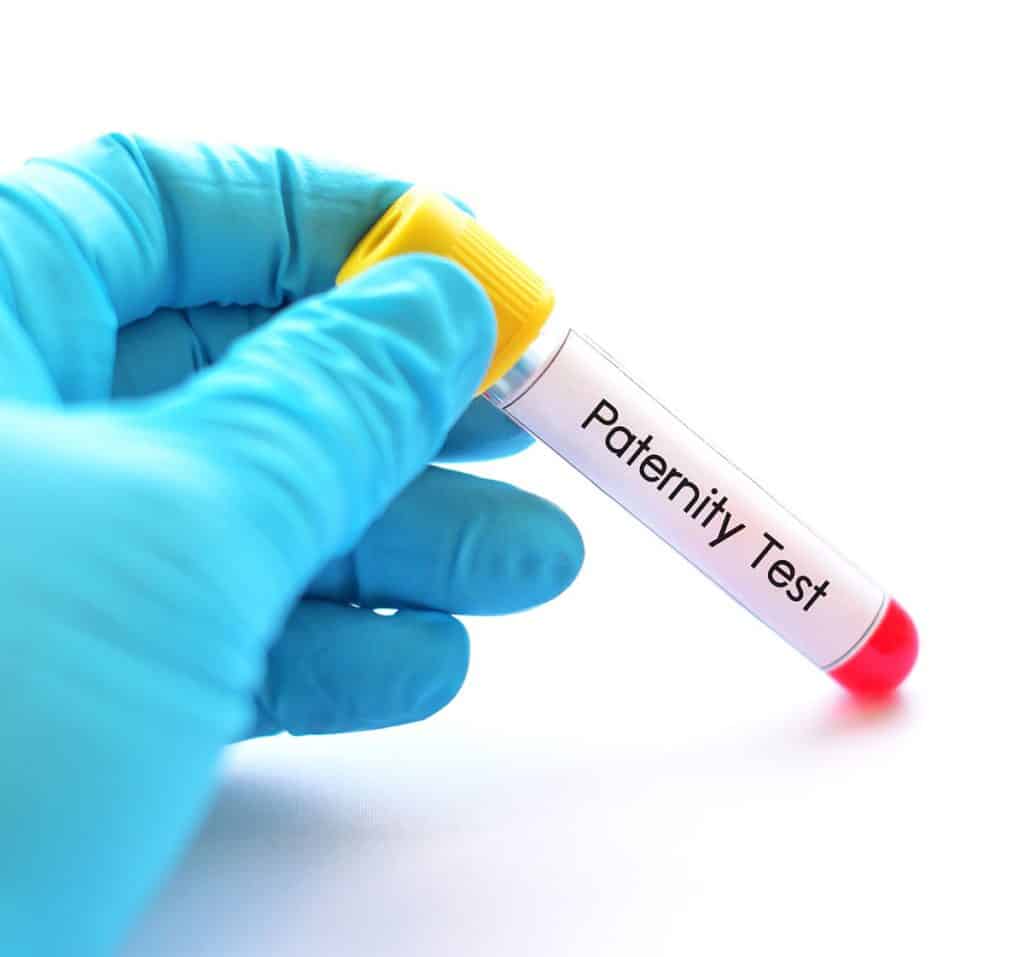Establishing paternity in Florida can be complicated. This is especially true if the mother and father were not married when the child was born.
If you are a father going through a divorce or were never married to your child’s mother, Pinellas Family Lawyer can help you establish paternity and understand your rights as a father. Or if you have reason to believe you are not the biological father of the child you’re fathering, we are just as skilled in contesting/disestablishing paternity. Contact us for a free consultation.

Establishing Your Paternity Rights
Paternity is the act of officially establishing the biological father of a child. It also includes setting the legal rights and responsibilities inherent to fatherhood including child support. However, verifying paternity can often be complicated because determining the identification of the biological father is not always inherently obvious.
In Florida, a father has no legal rights to their child unless he is married to the mother at the time of birth or both the mother and father execute an Acknowledgement of Paternity in the presence of two witnesses or a notary. If the mother and father aren’t married and the parents have not signed an Acknowledgement of Paternity, then either party (or the child) may file for a determination of paternity with the court.
What If the Mother was Married to Another Man?
The paternity issue could be even more complicated if the mother was married to another man when the child was born. In Florida, a woman’s husband is considered the legal father of any child born during the marriage. In this instance, an Acknowledgment of Paternity will not give the (presumed) biological father any legal rights. Instead, the mother’s husband at the time of birth will also need to be involved in the paternity case and be served with a copy of the paternity petition.
When a Paternity Test is Needed
The court will order a DNA test when the mother and the alleged father disagree on who the natural father is. Also called a genetic test, a paternity test is done by swabbing inside the mouth of the alleged father and child. The samples are sent to a genetic testing lab to determine whether or not the father is biologically related to the child. If the test results prove he is the natural father, an order can be entered to establish paternity legally.
Florida Paternity Lawyer
Whether establishing or contesting paternity, contact our paternity lawyers today. Pinellas Family Lawyer is skilled in helping you determine your legal rights, developing a proper parenting plan, and determining how best to proceed with your paternity lawsuit.

2 thoughts on “Understanding Your Paternity Rights in Florida”